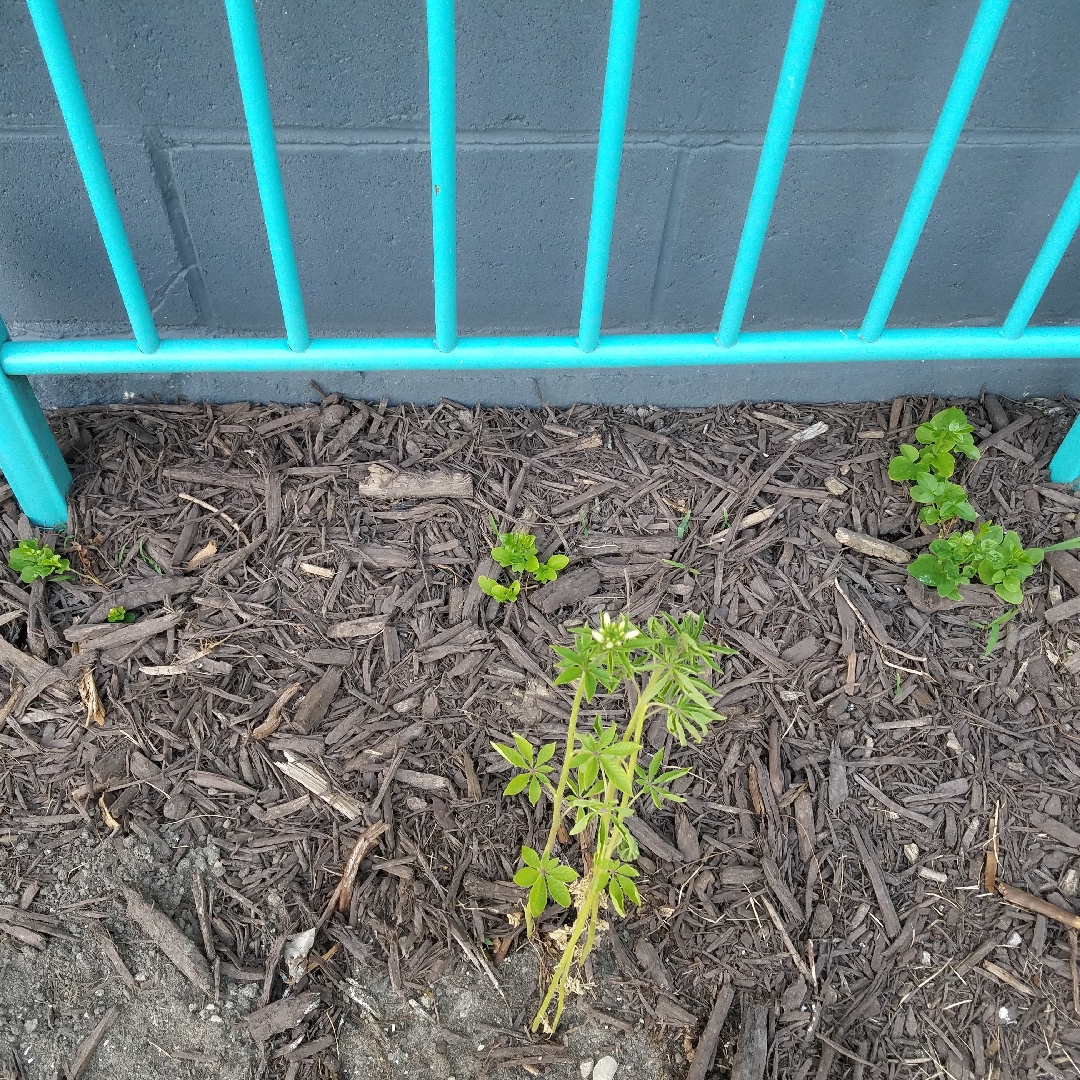
Clematis 'Ashva'
Clematis 'Ashva'
'Ashva' is a group 3, late flowering clematiswhich bears violet-purple blooms with distinctive mauve red bars along the length of each sepal. The wavy-edged flowers create a fabulous display from mid to late summer. Group 3 clematis includes the varieties that start their flowering after mid-summer and continue well into Autumn or even into early winter, if it's mild. So-called herbaceous clematis are also included in this group. These varieties like to be cut back hard in late winter. Stems are pruned just above healthy pairs of buds about 12 - 18 inches above the ground. Group 3 clematis can be pruned at the start of winter as the old stems are of no further use. However, this practice is only advisable in very sheltered positions. Mild winter spells can produce active shoots which can then be hit by frosts.
Contributed by @shanbundy
-
Full sun
-
Occasional watering
-
Full Frost Hardy: 5F (-15°C)
-
Moist and free draining
Common name
Clematis 'Ashva'
Latin name
Clematis 'Ashva'
type
Climber
family
Ranunculaceae
ph
7.0 - 8.5 Acid - Neutral
Plant & bloom calendar
-
Best time to plant
-
When the plant will bloom
full grown dimensions
 1.00 M
2.00 M
1.00 M
2.00 M
Clematis 'Ashva'
'Ashva' is a group 3, late flowering clematiswhich bears violet-purple blooms with distinctive mauve red bars along the length of each sepal. The wavy-edged flowers create a fabulous display from mid to late summer. Group 3 clematis includes the varieties that start their flowering after mid-summer and continue well into Autumn or even into early winter, if it's mild. So-called herbaceous clematis are also included in this group. These varieties like to be cut back hard in late winter. Stems are pruned just above healthy pairs of buds about 12 - 18 inches above the ground. Group 3 clematis can be pruned at the start of winter as the old stems are of no further use. However, this practice is only advisable in very sheltered positions. Mild winter spells can produce active shoots which can then be hit by frosts.
Flowering Season
From Mid Summer TO Early Winter
Group 3 clematis includes the varieties that start their flowering after mid-summer and continue well into Autumn or even into early winter, if it's mild. So-called herbaceous clematis are also included in this group.
Propagation by layering
From Early Spring TO Early Spring
Propagation can be done by layering, choose soft pliable stems that will reach the ground and allow the end of the shoot to be about a 1ft above the ground. On either side of a leaf joint, carefully slice the bark along it before securing it into the ground with wire hooks or similar each side of the slice. a hormone rooting powder can be used to help with the rooting. Tie the end of the shoot up carefully so that it grows vertically.
Planting Outdoors Spring
From Early Spring TO Late Spring
Put container grown plants into a sheltered and sunny site. The roots should be kept cool either by planting them on the North side or covering the roots with stones or similar.
Propagation by cuttings
From Late Summer TO Mid Autumn
Semi hard wood cuttings are taken from the current years growth from late summer to mid autumn the bottom of the cuttings is hard and soft on the top. With a sharp knife take a cutting of about 14cms, remove lowest leaves, dip end into rooting hormone, and place round the edge of a pot filled with a suitable compost, water well, they must remain moist till rooted, place under glass but in semi shade.










